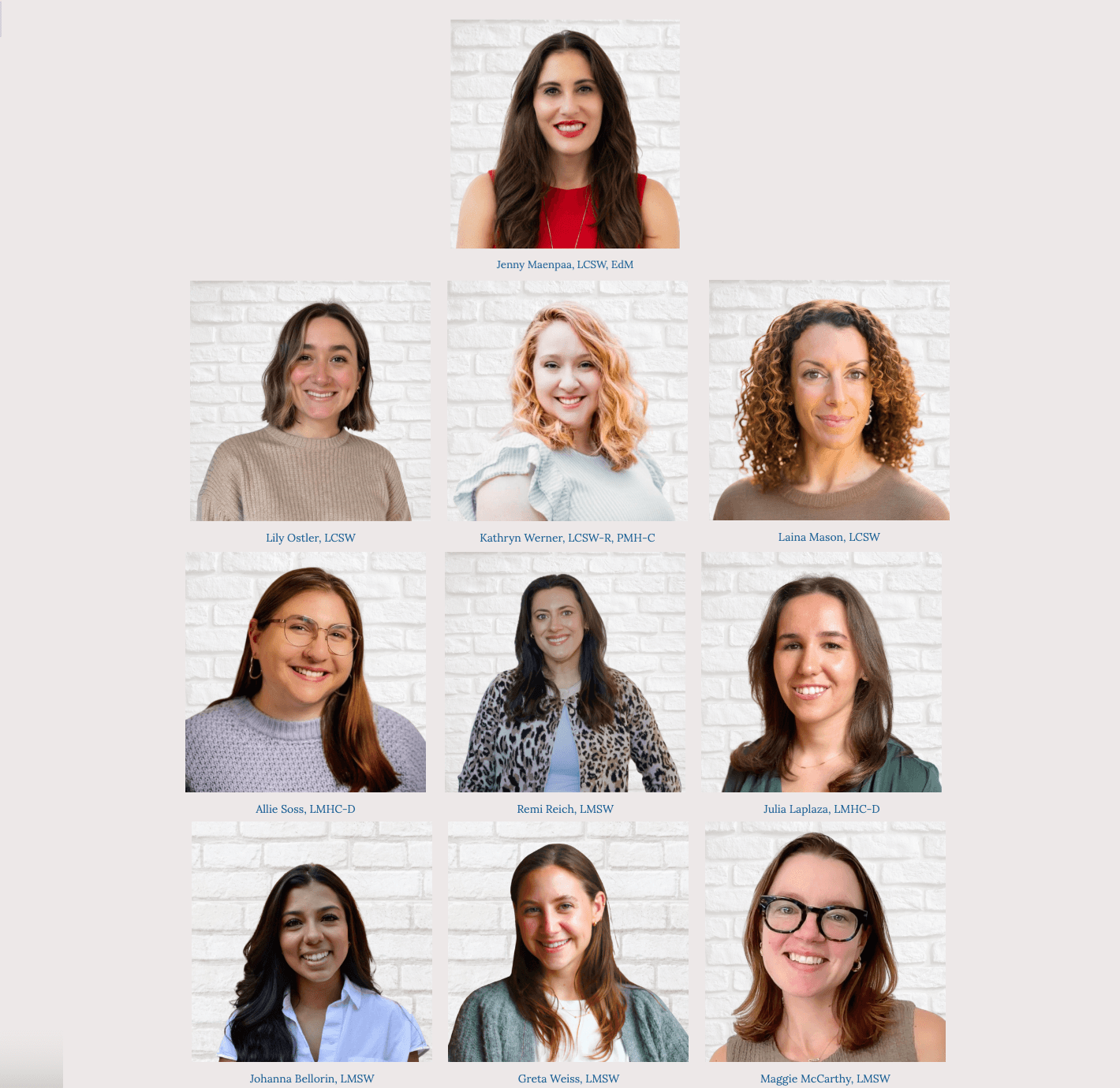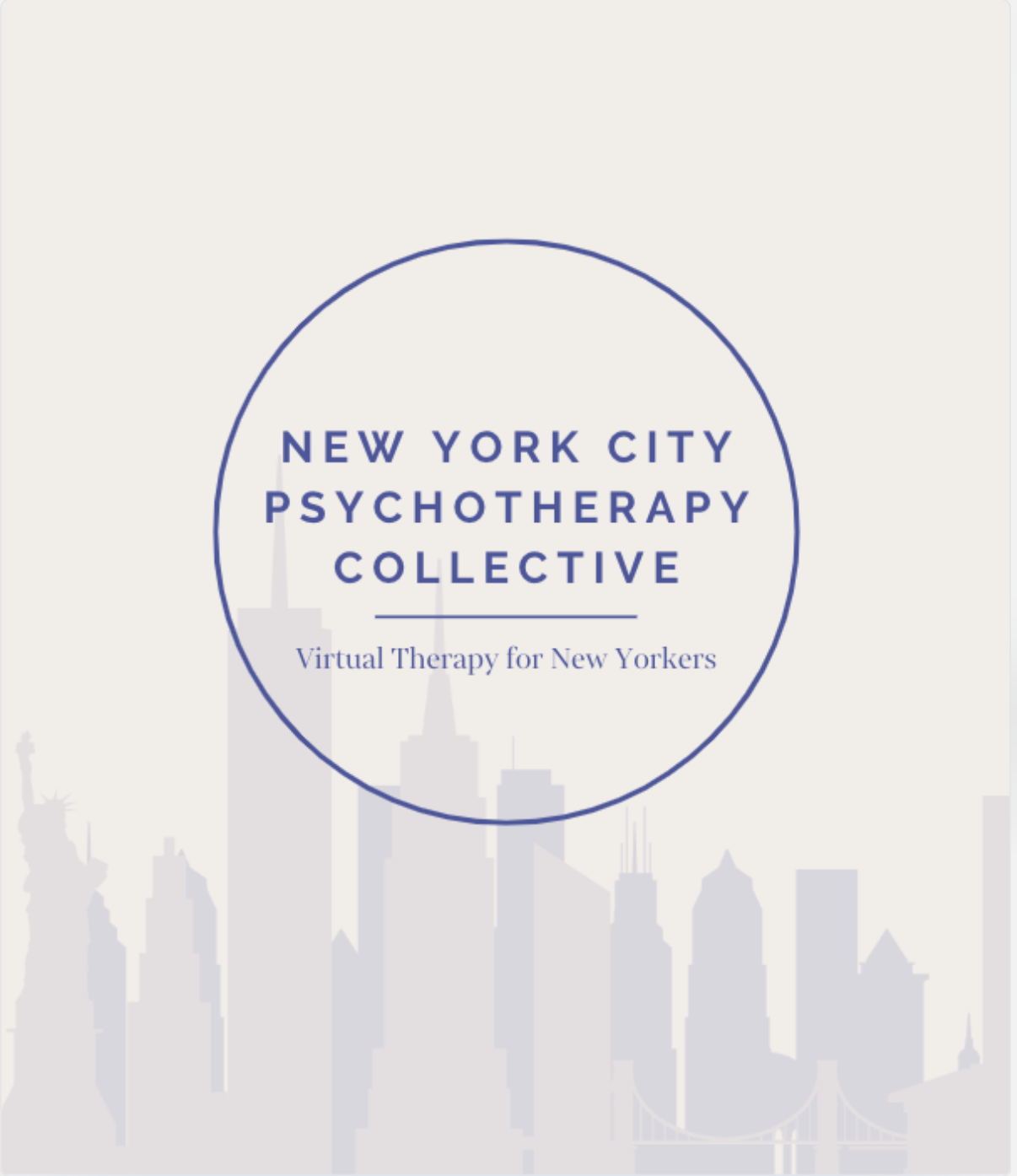We’re excited to introduce you to the always interesting and insightful Jenny Maenpaa. We hope you’ll enjoy our conversation with Jenny below.
Hi Jenny , thanks for joining us today. Over the course of your career, have you seen or experienced your field completely flip-flop or change course on something?
One of the most striking U-Turns we’ve experienced in the mental health field has been the shift from viewing in-person therapy as the unquestioned “gold standard” to embracing virtual therapy as a powerful, and often preferred, option.
Before 2020, telehealth was typically considered a secondary tool—something to lean on when a client couldn’t make it into the office. The pandemic flipped that consensus overnight. What was once seen as a stopgap quickly revealed itself to be a deeply effective, flexible, and sustainable model of care.
At New York City Psychotherapy Collective, we chose not just to adapt but to fully embrace this transformation. Moving to a virtual-first model has expanded access for clients who might otherwise face barriers such as commuting, mobility issues, or scheduling conflicts. And on a human level, we’ve seen how meeting clients where they are—in the comfort of their own homes—can create an ease and openness that enhances the therapeutic process.
This U-Turn has reminded us that innovation in our field doesn’t always mean moving away from the core of what makes therapy work: connection. Sometimes, it means finding new ways to make that connection more possible for more people.

Jenny , before we move on to more of these sorts of questions, can you take some time to bring our readers up to speed on you and what you do?
At the New York City Psychotherapy Collective, we believe that therapy should be both accessible and transformative. We are a fully virtual group psychotherapy practice serving clients across New York State, with a mission to provide high-quality, in-network care that meets people where they are—literally and emotionally.
Our approach is grounded in what we call reflective-action therapy, an integration of psychodynamic therapy and cognitive behavioral therapy (CBT). This allows us to help clients both uncover the deeper roots of their challenges and build practical strategies for lasting change. We specialize in supporting individuals, couples, and families navigating anxiety, depression, trauma, OCD, ADHD, relationship concerns, identity exploration, and life transitions. We are also proud to provide identity-affirming care for LGBTQIA+ and BIPOC clients.
One of the biggest barriers to therapy is access—whether that’s cost, time, or simply finding the right therapist. We’ve built our practice to solve those problems. Because we are fully virtual, clients don’t have to battle commutes or rigid schedules to prioritize their mental health. We are also in-network with major insurance providers, which significantly reduces financial strain and allows more people to get care when they need it. And perhaps most importantly, we emphasize the therapeutic match. We offer an intake process that includes a low-pressure consultation call and personalized therapist matching to ensure that clients feel comfortable and supported from the very beginning.
What sets us apart is that we see ourselves as a community, not just a practice. For clients, that means care that is affirming, collaborative, and tailored. For clinicians, it means being part of a collective that provides training, supervision, and infrastructure so therapists can focus on what matters most: their clients.
We are most proud of the diversity of our team and the clients we serve. Our therapists bring a wide range of backgrounds, identities, and therapeutic styles, which allows us to meet people in a way that feels authentic and inclusive. Beyond traditional therapy, we also offer parent coaching and specialized support for professionals and entrepreneurs, expanding the ways we can meet the needs of modern New Yorkers.
If there’s one thing we want potential clients and partners to know, it’s this: therapy with the New York City Psychotherapy Collective isn’t one-size-fits-all. It’s a space where depth and practicality meet, where therapy is made accessible, and where people can feel truly seen, supported, and empowered.
Putting training and knowledge aside, what else do you think really matters in terms of succeeding in your field?
In our field, success is about much more than clinical expertise. At the heart of it, therapy is a human-to-human relationship, so qualities like empathy, curiosity, and humility are essential. Clients don’t come to us for textbook answers—they come to feel understood, supported, and guided in a way that feels authentic.
Equally important is adaptability. Mental health care is not static—clients’ needs evolve, cultural contexts shift, and the landscape of access to care changes rapidly. A successful clinician or practice has to be flexible enough to meet people where they are, whether that means incorporating new therapeutic approaches, leveraging technology for accessibility, or adjusting to the unique life circumstances of each client.
Finally, resilience and sustainability matter. This work can be emotionally demanding, and therapists who thrive long-term are the ones who know how to care for themselves, set healthy boundaries, and build supportive professional communities. That’s one of the reasons we created a collective model: so that our therapists aren’t working in isolation but instead have a team and infrastructure behind them.
Ultimately, succeeding in this field isn’t just about what you know—it’s about how you show up, how you adapt, and how you sustain yourself while supporting others.
Do you think you’d choose a different profession or specialty if you were starting now?
Without hesitation, yes. This work has shaped me just as much as I’ve shaped my career. Being a therapist—and now building a collective of therapists—has given me the privilege of sitting with people in their most vulnerable moments and helping them find strength, clarity, and connection. There’s nothing more meaningful than watching a client grow into a version of themselves they didn’t think was possible.
If I could go back, the only thing I might change is starting this collective sooner. Creating a space that not only supports clients but also nurtures therapists has been one of the most rewarding parts of my career. We’ve built a community where both clients and clinicians feel cared for, and that’s something I’m incredibly proud of.
So while there have been challenges along the way—as there always are—the core choice of profession, specialty, and vision for this practice is one I would make again and again.
Contact Info:
- Website: https://newyorkcitypsychotherapists.com/
- Instagram: @newyorkcitypsychotherapists


